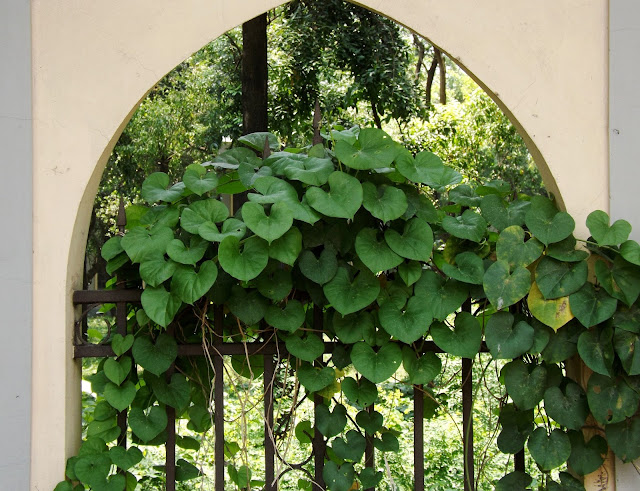Shal or Sal, Shorea robusta
Shal or Sal (Shorea robusta, family: Dipterocarpaceae) is a large and deciduous robust tree with straight trunk and few branches at the top, usually 20-40 m high. Wood is reddish brown. The tree is found in Gazipur, Tangail, Mymensingh, Dhaka, Dinajpur, Rongpur and Comilla in Bangladesh.
Shal is a commercial timber tree in Bangladesh. Its timber is robust and used as pole, boat, railway sleeper, furniture. Burning leaves produce a kind of aroma. So cigar can be made from its leaves. Fat obtained from the seeds are used to cook and to make chocolate.
Juvenile Shal trees in the winter.
Its leaves are used in white leprosy, blood dysentery, diabetes and gonorrhea. Its seeds are used as aromatic resin.
Bangladesh and India are the original home of the plant.
Shal-forest occupies about 30 percent of the country's forest area. But due to mismanagement, the forests are being destroyed day by day.









Comments
Post a Comment